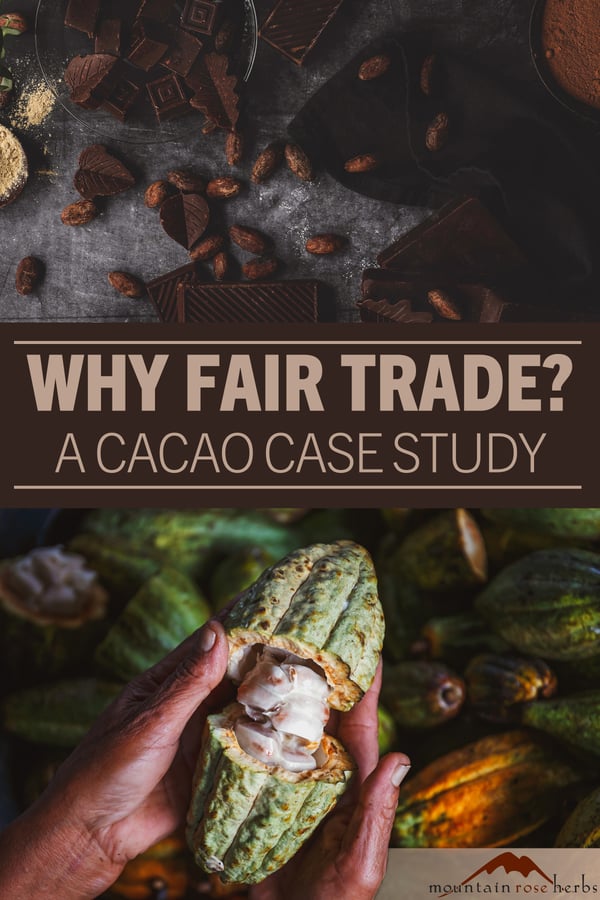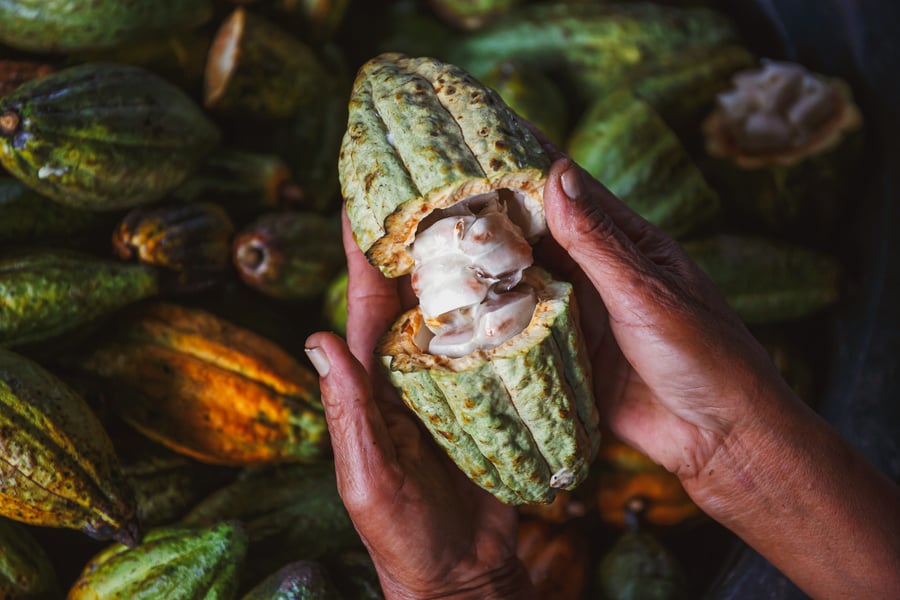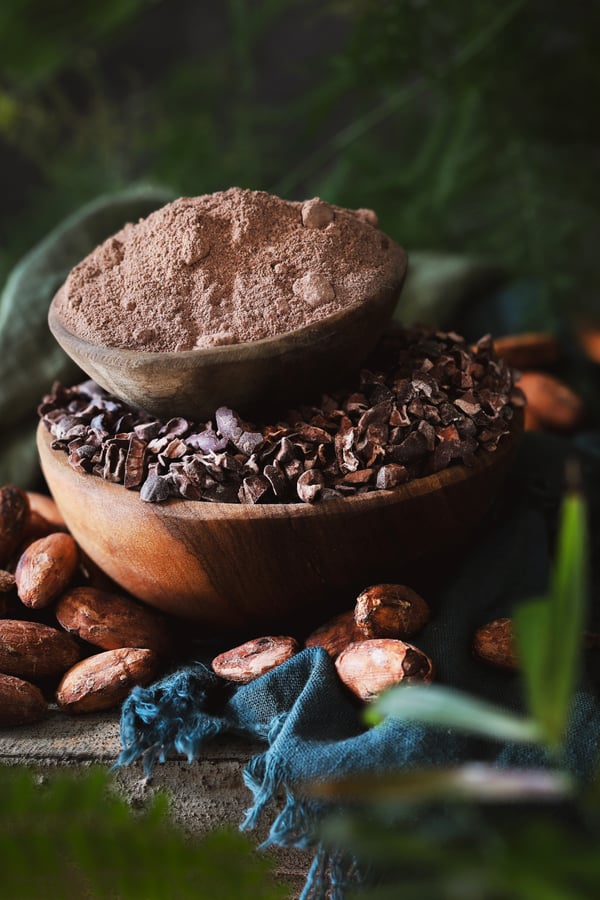Among the stellar organizations that Mountain Rose Herbs works with, our Fair for Life partnership is one that we are particularly proud of due to the demonstrable good that it does. Its principles impact people and the environments they live and work in around the world, as well as our community here in Eugene, Oregon.
While Fair for Life may seem like other Fair Trade certifications at first glance, it has an enhanced level of expectation when it comes to creating more equitable working conditions for all actors along the entire supply chain, not just the point of collection. A Fair for Life symbol on the packaging of a final product assures us that every link in the chain has been subject to the same rigorous standards because each entity must hold its own certification.
The mission is made clear in this statement from the Fair for Life Standard: Fair for Life’s vision is a world where trade, through ethical, fair, and respectful partnerships, is a driving force for positive and sustainable change benefiting people and their environment.
The cacao industry is a good example when viewing the supply chain through the lens of Fair Trade principles. This industry is highly secretive. The Food Empowerment Project has found that some cacao production in parts of Africa and South America is exploitative of workers. Egregious examples of child labor and modern slavery have been identified in the operations supplying the world’s largest chocolate manufacturers. In addition, as highlighted by organizations like the National Wildlife Federation, unchecked cacao production has been responsible for the deforestation of rainforests and contamination of local water and soil.
For all these reasons and more, Mountain Rose Herbs partners with suppliers in countries like Peru who have committed to combat this environmental and social exploitation by adhering to Fair Trade Standards. These standards lead to clear social, economic, and environmental impacts in the communities where cacao production happens, rather than simply creating profits in the boardrooms of conglomerates. All of this is detailed in the annual reports that our producers make available for review (part of the requirement of transparency associated with Fair Trade certification).
The social programs that our suppliers undertake with Fair for Life funds touch on everything from providing educational opportunities to children through the financing of school improvements in local communities to empowering women with training and knowledge to start their own crop operations.
And, of course, an important part of the process is giving workers chances to better their economic situations by using Fair Trade funds to gather tools and develop techniques to increase the performance and sustainability of new cacao trees. Farmers can also receive microfinancing to tackle the traditional barrier of lack of access to capital, which previously prevented self-sustainability among workers.
Another vision of Fair Trade is to protect the environments that are home to these operations. In Peru, this includes intercropping cacao production with native shade and fruit trees to conserve biodiversity, as well as offering workshops to producers that promote management strategies for sustainable development. All the cacao and cocoa products sold by Mountain Rose Herbs are, of course, certified organic, adding further environmental protections to the process.
How does our Fair for Life certification help to make all this possible? Here at Mountain Rose Herbs, we play several roles in the system; these are a few examples of the requirements for our certification.
A fundamental philosophy in the system is forging long-term and collaborative relationships with our suppliers. We work closely with partner operations around the world to establish multi-year pricing agreements that benefit all the producers down the supply chain. These long-term agreements help set stability and predictability for small-scale operations. In addition, a requirement of certification is paying into the Fair Trade fund in the form of a percentage of every dollar we spend with a supplier. This resource pool allows producers to make programs like the ones I mentioned earlier possible. We treat our suppliers not simply as brokers of materials but as partners in the supply chain whom we meet annually at trade shows or site visits. This model stands in contrast to a more traditional system that is simply transactional at best or unfairly extractive at worst.
From the perspective of regulatory compliance, a critical part of our job is to maintain documentation of the entire path that the product travels along. Despite being a hemisphere away and with several operational partners in between, we can trace a batch of cacao beans to a specific group of cooperatives or harvesting operations due to the stringent requirements set in place by the Fair for Life Standard. This labor-intensive task requires meticulous documentation and open communication to keep the entire supply chain illuminated and ensure all actors are visible and equitably compensated for their contributions to the final product.
One of our most valued components of the Fair for Life program is the idea that Mountain Rose Herbs must meet the same standard. Through measurable and annually audited metrics of corporate responsibility, we are required to demonstrate a commitment to providing a safe, equitable, and environmentally friendly working environment right here in our local community.
All these requirements, both here at home and throughout the supply chain, are monitored and verified by our certification partner, Ecocert. They are an independent, third-party certifying body charged with maintaining the vision and requirements of the Fair for Life Standard. They not only facilitate yearly audits and inspections but are also an indispensable resource in helping us navigate the global supply chains that we operate in.
Interested in learning other ways that businesses can be more accountable?
How Mountain Rose Herbs Became an Oregon Benefit Company.
You may also be interested in:
- The Importance of Organic Seaweeds
- Yaupon: Rediscovering America's Forgotten Teas
- Why Mountain Rose Herbs Only Sources Cultivated Rhodoila Root














